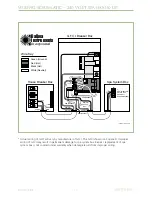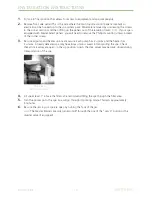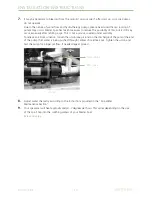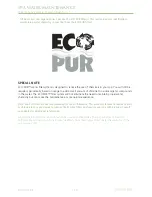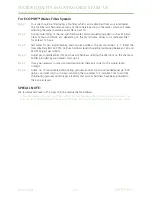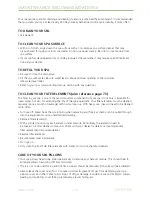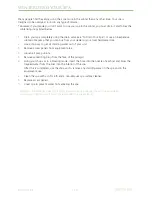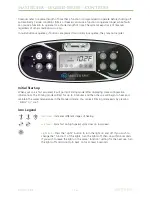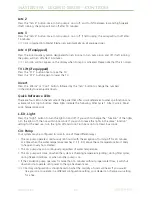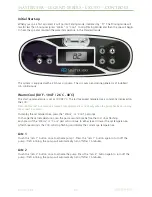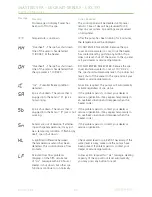
WHY ARE CHEMICALS IMPORTANT IN A SPA
1. Evaporation:
As water evaporates, only pure water evaporates, leaving the salts, minerals, metals, and any
unused chemicals behind. Adding water adds more salts, minerals, and metals. In time, the water
can become saturated with these dissolved solids and can cause stains or scale to form on the
walls of the spa or a scale build up inside the equipment. Colored or cloudy water, and possible
corrosion of plumbing and fittings may also occur.
2. Heat:
Heat causes evaporation to happen faster. Heat also causes certain minerals and metals to
precipitate out of solution.
3. Air:
Dust and airborne dirt particles are introduced into the spa.
4. Environment:
The environment surrounding the spa is also a consideration. Watch for pollen, grass, sand, dirt,
lawn fertilizer, dust storms, insects, dogs, cats, etc.
5. Consider the human next:
In a heated spa, the average adult sweats 3 pints per hour. This person also brings in the spa
surface dirt, soap, body oils, deodorant, hair spray, hand and body lotion, perfume and cologne,
make up, lipstick, and suntan lotion. To this you can add spit, urine, bacteria and virus germs from
open sores or certain body parts. To this let’s add spilled drinks, cigarette ash, and various play
things. Now multiply this times 4 or 6 people in an average 375 gallon spa and then try to use
the water for a few months!
Remember:
The maintenance routines set forth in this manual may need to be adjusted depending on how much
the spa is being used.
31
DO NOT DIVE.

